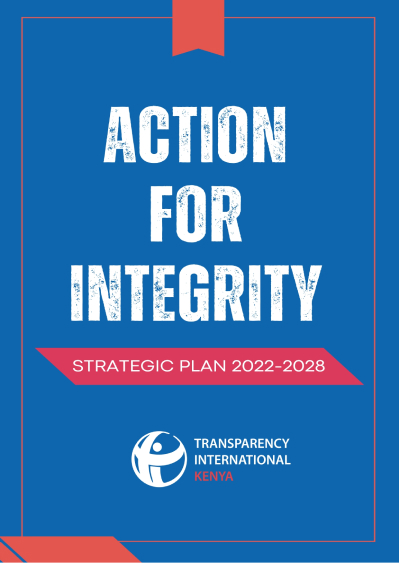The Attorney General, through a Gazette Notice No. 9567 published on 21st July 2023, notified the public that the president had pardoned 37 convicts following the recommendation of the Power of Mercy Advisory Committee (POMAC). Among the pardoned persons included Davy Koech, a former Director at the Kenya Medical Research Institute (KEMRI) who was convicted in 2021 for corruptly obtaining Ksh 19.3 million, and other persons who had been found guilty of various offences, some of which were grievous and heinous, involving murder, sexual offences, and corruption. Whereas the presidential power of mercy is a critical aspect of our justice system that plays a significant role in correcting any potential miscarriages of justice, acknowledging the efforts of those who have shown genuine remorse and efforts towards rehabilitation during their time in prison, such power must not be abused to grant clemency to corrupt convicts, rather the power of mercy should be exercised with restraint, objectivity, in good faith and for the best interest of the country.
Pardoning corrupt convicts creates the perception that such individuals can evade justice through the power of mercy. Such clemency undermines the nation’s fight against corruption and sends a wrong signal that white-collar criminals can escape with minimal consequences for their actions. Corruption is a cancer that corrodes the very fabric of our society, and it is essential to send a strong message of deterrence by holding perpetrators accountable.
Besides, criminal convictions are only reached after the prosecution proves beyond a shadow of doubt that the accused persons have committed offences or if the accused persons confess to committing the offence. Furthermore, one of the critical elements of criminal offences is mens rea – the intention and knowledge that the action is criminal in nature but proceeding to engage in it nonetheless. Convictions are meted out in accordance with our laws and relative to the offence after the convicting court has considered all the material circumstances that contributed to the offence and mitigation by the accused person. Concisely, this applies to corruption cases as well, the courts have a better contextual understanding of all material facts before meting out a sentence which is believed to address the punitive and correctional elements of sentencing.
As such, the president and POMAC should exercise restraint in overhauling judicial decisions. Without such restraint, there is a high risk that the process becomes politicized, lacks objectivity and claws back on gains of justice in this country. For good order and in the public interest, persons relieved from their sentencing must have been rehabilitated enough to ensure that they will not commit other offences and cause further harm to society. The persons must also have gone through a sufficiently punitive process to deter other members of the public from committing offences. Furthermore, certain offences such as defilement, murder and theft of public funds, are so repugnant to our communities that reintroducing convicts of certain offences into the community creates social discomfort and lethargy, especially among their victims and whistleblowers. Such individuals should be left to serve out their full sentences. That the power of mercy should, unless in exceptional circumstances, only be granted to minor offenders, persons who have been properly rehabilitated after serving a longer term of their sentences.
For these reasons, and in the interest of the public, the Power of Mercy Advisory Committee headed by the Attorney General, and the president should review their decision in the aforementioned list, especially on the corrupt convicts who have been let loose. Some of the individuals pardoned are not deserving based on the nature of their offences.
Further, the Attorney General, POMAC and the president by their own motion should initiate a process to review the power of mercy guidelines and in doing so, recognize the criticality of the judicial process in trial and sentencing, the spirit and principles of the prisons and correctional facilities, the overriding need to have a society where criminals are kept away and only reintegrated after rehabilitation, and should conduct public and stakeholder consultations during this review process.
Sheila Masinde, Executive Director, Transparency International


